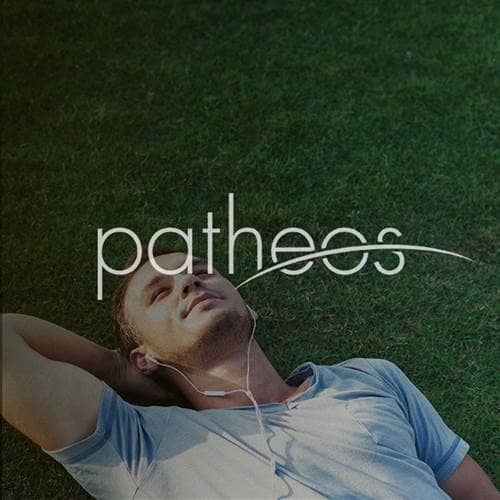- Trending:
- Pope Leo Xiv
- |
- Israel
- |
- Trump
- |
- Social Justice
- |
- Peace
- |
- Love
PATHEOS LIBRARY OF
World Faiths & Religions
What do Catholics believe about the death penalty?
The Catholic Church's belief regarding the death penalty has changed dramatically since the papacy of Pope John Paul II. Since the very beginnings of the Church, Catholic teaching has traditionally held that the state had the right to put criminals to death in order to safeguard the common good. The Church believed that the state had the responsibility to protect its people, and if there were a criminal who could not be reformed, then the state had the right to make sure that that criminal would not threaten the well-being of the majority of peace-loving, law-abiding people. But that was in a moment in history when prisons were not secure, and where there were not a lot of safe secure alternatives, and when the respect for the sanctity of human life was not as appreciated as it is today.
Today, we understand by God's grace that every single human life is a precious gift of God, and that we never have the right to play God, even in the case of a serial killer. Pope John Paul II, in the new Catholic Catechism, has pointed out in one of only a few changes to the Catechism which he personally made, that today, there is no reason for the death penalty. Today, Catholics believe that the death penalty is unnecessary and immoral, and does not respect the sanctity of human life, nor does it afford the prisoner the opportunity to repent of his/her crimes. Prisons today can keep prisoners out of society forever. Prisons are secure, impenetrable, and can guarantee that a chronic offender never sees the general population again.
The death penalty is not fair, especially in the United States. It is used against the poor and blacks more than against the rich and whites. It has been proven wrong, so that innocent people are put to death. It does not deter criminals. It is ineffective. Most importantly, for Catholics it is immoral.
Crime is wrong and sinful. We need to create laws and judges that assure the state that criminals who commit serious crimes will receive serious, and perhaps, lifelong sentences. But in attempts to keep society safe, Catholics believe they don't have the right to play God and determine who lives and dies, any more than they have the right to decide which child or which old person or which mentally challenged person lives or dies.
Finally, what the Catholic Church teaches is not based on polls or popularity. Even though polls suggest that the majority of Catholics still support the death penalty, the teaching has not changed. Rather, the challenge for those who understand the teaching is "to share the Good News" and to try to explain why even hardened criminals are loved by God, and have a right to life, even if only so that they may have one last chance to live forever in God's love...










